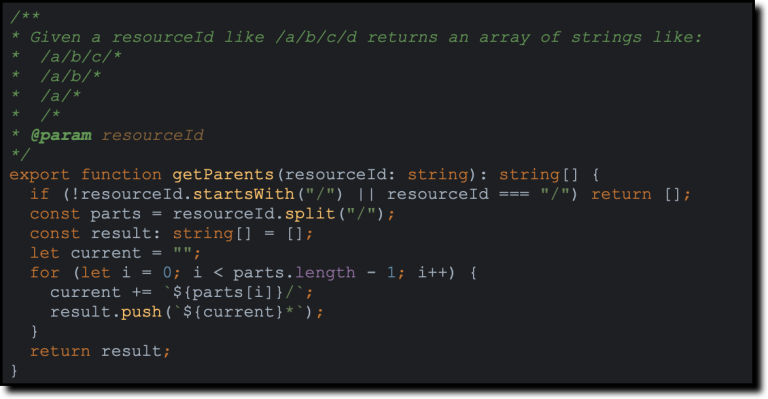
Rust continues its deeper integration into the most popular Linux distribution
Ubuntu is advancing its commitment to system security by replacing one of its core components. Experimental builds of the upcoming Ubuntu 25.10 now use sudo-rs by default — a Rust-based rewrite of the classic sudo utility.
This decision is part of an initiative to transition to more secure and reliable implementations of essential utilities, eliminating typical C code vulnerabilities such as buffer overflows, use-after-free errors, and other security flaws.
What is sudo-rs and Why Do We Need It?
The sudo-rs project is developed with full compatibility with the original sudo in mind, but it’s written in Rust, which offers strict memory management and a safe type system.
Canonical (Ubuntu’s developer) officially approved the transition to sudo-rs back in May 2025, but the full replacement only began recently with the implementation of all necessary features:
- Support for older Linux kernel versions (down to 5.9)
- Support for NOEXEC and AppArmor
- Stability bug fixes
- Migration of
sudo-rsto the main repository after security audit
What About Regular sudo?
The classic sudo is still available in the system. Users can revert to it using the command:
sudo update-alternatives --set sudo /usr/bin/sudo.ws
However, in Ubuntu 26.10, developers plan to completely remove the classic version from the main repository, leaving only sudo-rs.
What’s Next?
There are also discussions about replacing the su command with a similar Rust implementation — su-rs. For now, /usr/bin/su remains the classic version, but experiments with the alternative are already planned.
Ubuntu isn’t the first system transitioning to Rust implementations of core components. Similar trends have been established by:
- Fedora, which is testing Rust-based
systemdmodules - System76 Pop!_OS, where some user tools are already written in Rust
- Redox OS, an operating system built from scratch in Rust
Why This Matters
The Rust implementation of sudo isn’t just a “trendy” rewrite. It’s a step toward eliminating an entire class of vulnerabilities that have plagued Linux infrastructure for decades.
Utilities like sudo, su, and passwd handle privileges and user input, making them primary targets for attacks.
Using Rust in such utilities allows for:
- Eliminating entire classes of vulnerabilities at compile time
- Improving reliability and readability of system code
- Simplifying subsequent auditing and maintenance
If no critical bugs emerge, sudo-rs will appear in the Ubuntu 26.04 LTS release by default and permanently.
In case you have found a mistake in the text, please send a message to the author by selecting the mistake and pressing Ctrl-Enter.
Sign In






